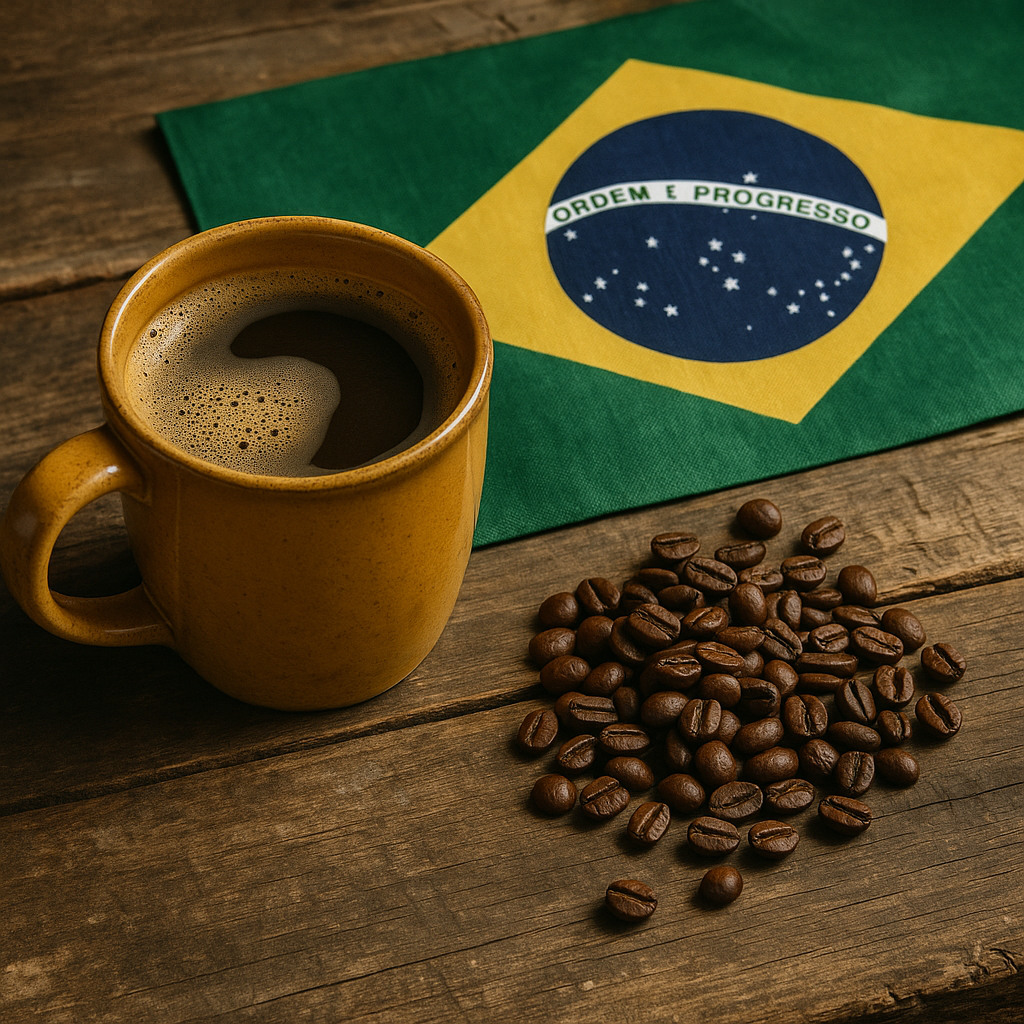Brazil is globally known as the largest coffee producer, but it is also one of the most passionate coffee-consuming nations. Coffee is more than just a beverage in Brazil—it’s a cultural symbol, a daily ritual, and a key part of social interaction. From early morning routines to late-night chats, coffee accompanies Brazilians through every stage of life.
This article explores the fascinating coffee consumption habits in Brazil and dives into key statistics that highlight the country’s role not just as a producer, but as an enthusiastic consumer.
How Important Is Coffee in Brazilian Culture?
In Brazil, coffee is deeply embedded in everyday life. It’s not just something people drink—it’s how people welcome guests, start conversations, take breaks, and bond with family. The phrase “vamos tomar um café?” (“let’s have a coffee?”) is one of the most common and friendly invitations in the country, even if the meeting involves much more than just coffee.
Coffee is often consumed in small, frequent doses throughout the day, usually served black and sweetened, known locally as “cafezinho”. It’s a symbol of hospitality and warmth, offered in homes, offices, bakeries, and street corners.
What Types of Coffee Do Brazilians Prefer?
While Brazil is known for producing a wide variety of coffee types, most Brazilians traditionally consume filtered coffee (coado), typically made using a cloth or paper filter. However, espresso-based drinks have become increasingly popular, especially in urban centers and among younger consumers.
Other growing trends include:
- Gourmet and specialty coffee, often associated with small producers and unique origins
- Capsule coffee, due to its convenience
- Cold brew and iced coffee, driven by rising temperatures and global trends
- Organic and sustainable coffee, as health awareness increases
Still, the simplicity of a freshly brewed “cafezinho” remains dominant.
How Much Coffee Do Brazilians Drink?
According to data from the Brazilian Coffee Industry Association (ABIC), Brazil is the second-largest coffee-consuming country in the world, just behind the United States.
Key consumption stats include:
- Over 21 million 60kg bags of coffee are consumed annually within Brazil
- This equals more than 1.5 million tons of roasted coffee per year
- The average Brazilian consumes about 6 kg of coffee per year
- Nearly 98% of Brazilian households consume coffee regularly
- Consumption is growing among younger people and women, with increased interest in flavor, quality, and preparation methods
Where and When Do Brazilians Drink Coffee?
Coffee is consumed throughout the day, with common times being:
- Early morning: A strong, sweet coffee with breakfast
- Mid-morning and afternoon: As a break at work or home
- After meals: Especially lunch and dinner, often served in small demitasse cups
- Before bed: Surprisingly, many Brazilians enjoy coffee late at night, as they’re less sensitive to caffeine or simply out of habit
Coffee is mostly consumed at home, but cafeterias, bakeries (padarias), and office break rooms also play an important role.
Has Coffee Consumption Changed in Recent Years?
Yes. Brazilian coffee habits are evolving due to several factors:
- Urbanization: With more people living in cities, fast and premium coffee options have become more accessible
- Rise of specialty coffee culture: Cafés dedicated to single-origin and high-quality brews are growing in popularity
- Education and exposure: Consumers are becoming more aware of preparation techniques, origin stories, and sustainability
- Technology: Coffee machines, grinders, and mobile delivery apps are changing how people prepare and access their coffee
These trends are helping reshape the coffee market and broaden the Brazilian palate.
How Does Brazil Compare to Other Countries?
Though Brazil is second in total coffee consumption, it ranks among the highest per capita in the world. Its love for coffee is driven not only by availability but also by tradition and social customs.
Unlike countries where coffee is associated with productivity or energy, in Brazil it is often linked to pleasure, relaxation, and conversation. This makes coffee a social and cultural force as much as a product.
Final Thoughts: A Country That Lives Coffee
In Brazil, coffee is more than a drink—it’s an identity. From remote rural towns to bustling metropolises, coffee connects generations, fuels conversation, and powers daily life.
As new trends emerge and the specialty coffee scene grows, Brazilians continue to balance innovation with tradition, enjoying their “cafezinho” with the same warmth and pride as ever. Whether you’re visiting a Brazilian home, grabbing coffee at a padaria, or enjoying an espresso in a trendy café, you’ll quickly discover that coffee in Brazil is more than just a habit—it’s a way of life.
